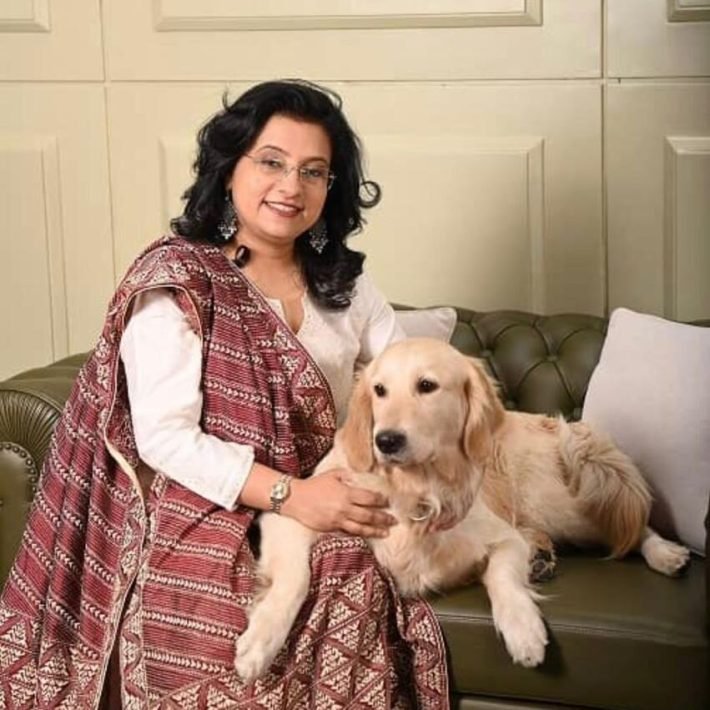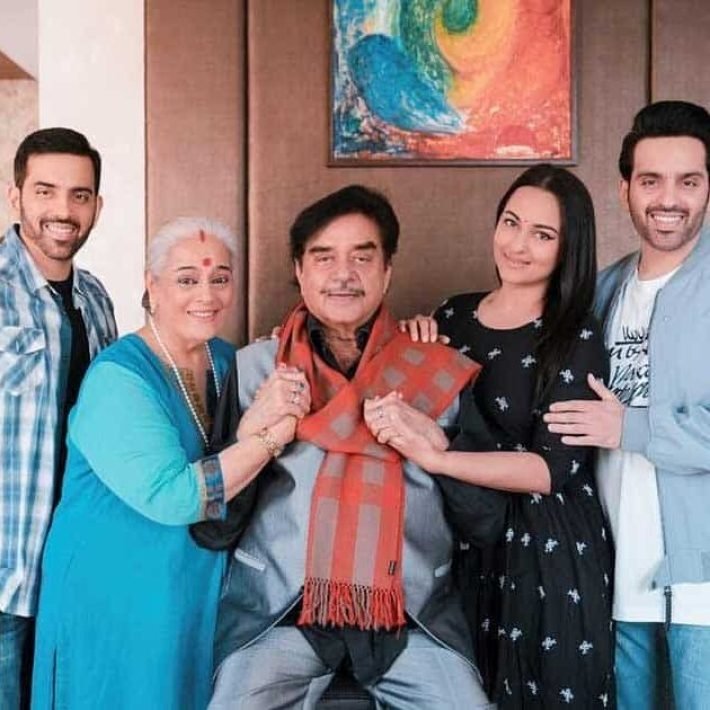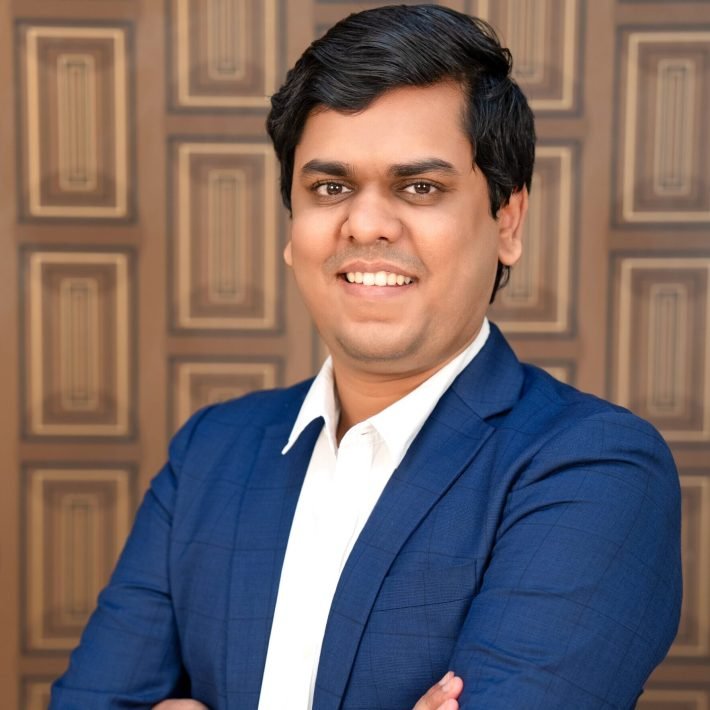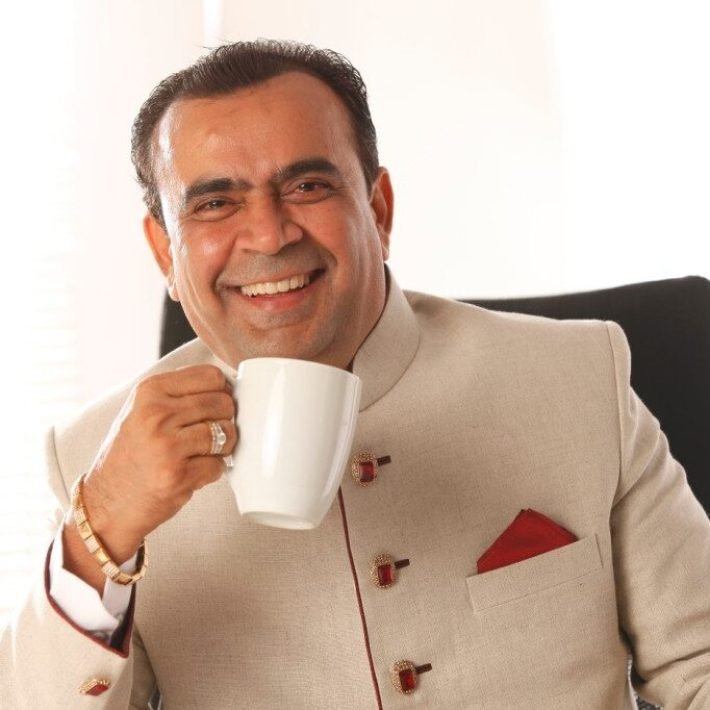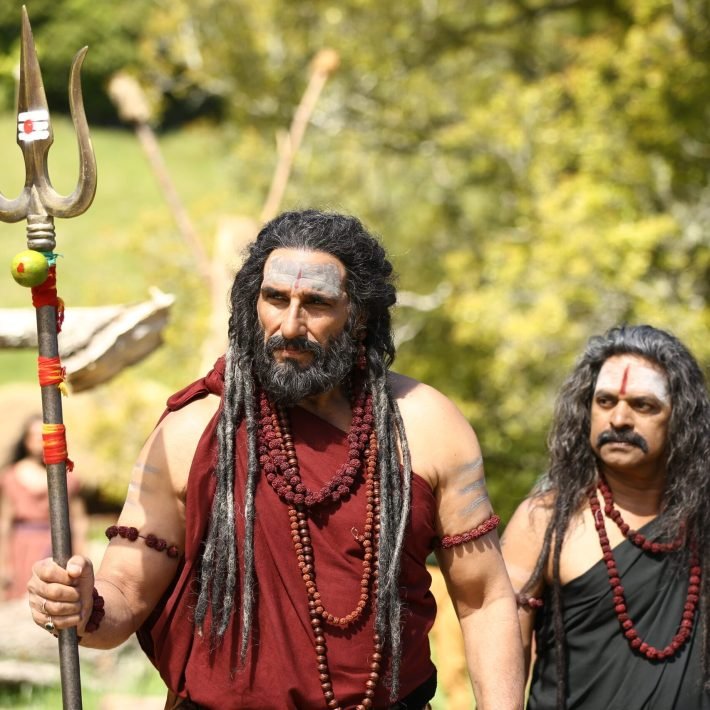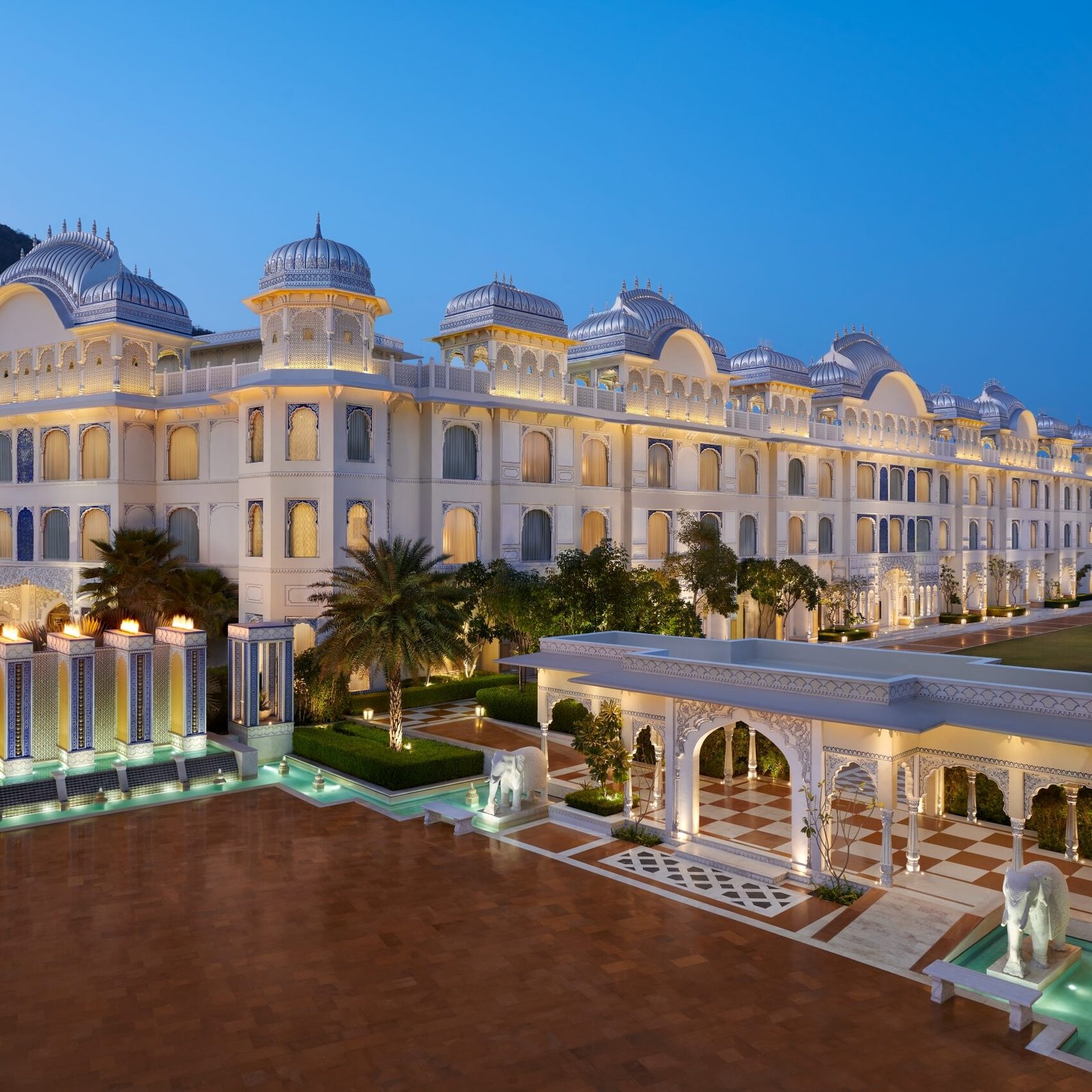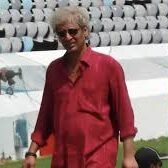Seasoned and powerhouse actor Anupam Kher is forthright, fiery and fabulous as he gives us his perspective on acting, his family, the political climate of our nation, and the invaluable lessons learned along the way.
By Andrea CostaBir
Known for his versatile performances spanning four decades, Anupam Kher, icon of global cinema, is a seasoned and powerful actor with an illustrious career comprising over 540 films. Having graduated from the National School of Drama and the Film and Television Institute of India, his training ground, his unmatched passion, and his dedication to the craft groomed him to become the Chairman of the Central Board of Film Certification and the National School of Drama in India. Kher was also appointed Chairman of the Film and Television Institute of India (FTII). The Government of India honoured him with the Padma Shri in 2004 and the Padma Bhushan in 2016 for his contribution in the field of cinema and arts.

Beyond Hindi cinema, Kher was the pioneer from India who made inroads into Hollywood and other international entertainment domains, having acted in acclaimed films like the Golden Globe nominated ‘Bend It Like Beckham’, Ang Lee’s Golden Lion–winning ‘Lust, Caution’, and David O Russell’s Oscar-winning ‘Silver Linings Playbook’, ‘The Big Sick’, ‘Hotel Mumbai’, and American television series ‘New Amsterdam’ among a plethora of other significant projects.
His substantial work earned him a BAFTA nomination for his role in the British television sitcom ‘The Boy With The Topknot’.

A prominent mentor for aspiring actors today, he runs the Anupam Kher’s Actor Prepares – The School For Actors, and is the best-selling author of three books on life coaching: ‘Lessons Life Taught Me, Unknowingly: An Autobiography’, ‘The Best Thing About You Is You’ and ‘Your Best Day Is Today!’. Known for his strong political views, Kher speaks his mind fearlessly to shape the narrative that tells our country’s story.
Excerpts from the interview…
Your four-decade journey in the film industry has been remarkable. Has it fulfilled you as much as we, your audience, have enjoyed watching you on screen?
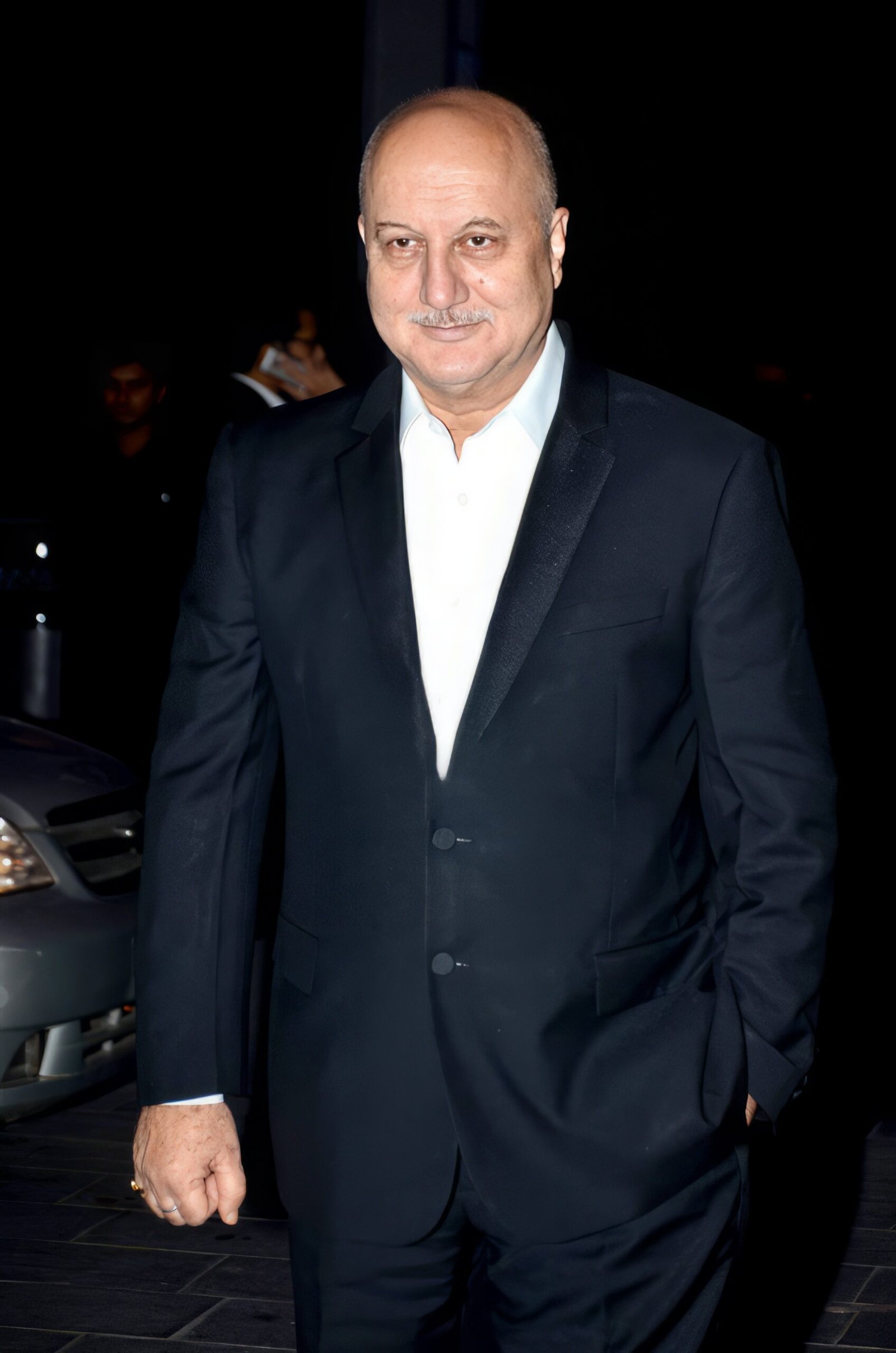
I don’t look at life in the sense of four decades, I just feel that I started yesterday, because life is about looking forward. Of course, I’m thrilled and happy and full of gratitude that life has been kind to me. Mumbai has been kind to me, my producers and directors in the film industry have been kind to me. I have been around for 40 years with 540 films. But I’m a greedy actor. And yet a very content person, so it’s a nice lethal combination. As a person, I’m okay. But as a professional, I want to do more. And I want to excel because my competition is with myself. I feel that whatever I learn around my environment, or when I see world cinema, world theater, or when I travel, I feel there is so much to do, and so much to learn even from my students at Actor Prepares. So, it’s a mixed feeling. I’m fulfilled as a person, content as a person, I have learnt to be content. But I am restless as a performer, as an actor, as an entertainer.
As an actor who has worked in both Bollywood and Hollywood, your performances often evoke strong emotions in the audience. How do you prepare yourself mentally and emotionally for your films?
Well, I’m a trained actor. And that is the greatest satisfaction and joy in the profession that you are in. For a long time in India, actors could be just anybody and didn’t need any practise or theatre / drama school / acting school background. They could just be an actor if somebody was producing a film for them, which is fine as we are a young country and we were exploring. But having been from National School of Drama, from the Department of Indian Theatre, from Film and Television Institute of India, it made me very strong in my roots, as an actor, as a performer, and also taught me so much about the ethics of being a professional actor. It instilled hard work and discipline in me. I prepare to excel, and yet I’m not scared of failure. At a very young age, my father taught me that failure is an event, never a person. So I think if that is the mantra you live by and on top of it, if you have an optimistic state of mind, then it’s a lethal combination – no fear of failure, yet you’re optimistic. I look at characters from a physical point of view – whether it is ‘Saaransh’, ‘Khosla Ka Ghosla’, ‘Special 26’, ‘Kashmir Files’… any film for that matter. I see the physicality of the person, and then I get into the mind of the person that I’m portraying. And that’s the case also with lots of actors all over the world. People who compete with themselves. Emotionally sometimes films are taxing, my first film ‘Saaransh’ was a taxing film, another film where I played an Alzheimer’s patient, ‘Maine Gandhi Ko Nahin Mara’ was taxing emotionally. And, of course, ‘Kashmir Files’ was very, very disturbing and emotionally taxing.
As for my acting foray in international territory, since I come from a Hindi medium educational background, I find it a major achievement that I have done so many English language films and series.
You’ve also explored the realm of digital platforms. How do you think streaming services have influenced storytelling and the opportunities available for actors in the industry?
I haven’t really explored the realm of digital platforms the way I would like to as I haven’t come across a sensational project that revolves around me so far. I have received 15-20 offers, but for some reason or the other I didn’t find them interesting, didn’t have the dates and so I did not do them. ‘Trial By Fire’ was done to support a friend, and Neeraj Pandey and I go back a very long way; hence I did ‘The Freelancer’.
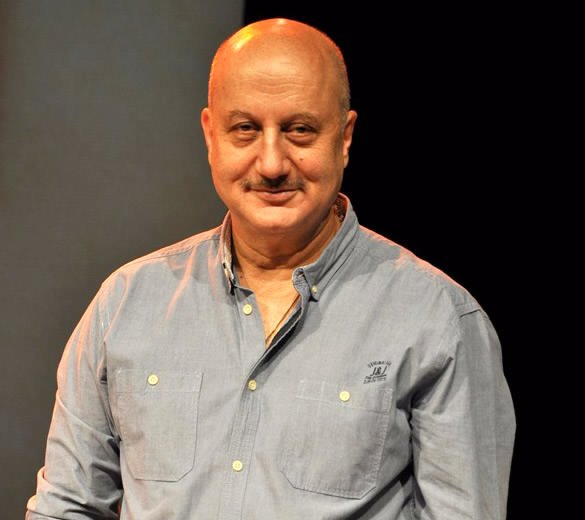
I think streaming platforms have given life to a lot of technicians and actors. It was also a great unifier during the time of Covid and the lockdown. People dealt with their insecurities, fears, traumas by watching various streaming platforms – Netflix, Amazon, Hotstar, ZEE5 etc. And people watched all kinds of cinema, all kinds of entertainment programmes. People watched Malayalam films even if they were not Malayalees, they watched Telugu and Tamil films too. That’s what led to the emergence of regional films, film stars, technicians and performers. I think digital platforms have given jobs to everybody. It has impacted entertainment differently as well – with cinema now having competition from OTT platforms, their own standard has improved. And also you are able to tell any story without the stress of whether it will work at the box office or not. So actors can explore any possibility. But having said that, being casual and being competent does not mean that you are brilliant. Sometimes with regard to OTT platforms, one may feel that one can sort of get away with lots of things. But a good actor is a good actor in all media formats, whether it’s stage, OTT or cinema.
As an actor and a public figure, how do you handle criticism and feedback, both positive and negative?
Criticism has always been around. Now we have social media which sort of spotlights you, there’s trolls etc. But otherwise criticism has been there since our childhood. You do well, you don’t do well, you dress how you like, somebody will always criticize you. So one is used to it. When you come from a poor family, so many luxuries do not come your way. But you learn a lot. And I think what I’ve learnt is that if the criticism is right, then you need to change that. And if it does not have truth in it, then it should not bother you. But it does hurt. Trolls do hurt. I am the kind of a person and actor who does better when I’m praised, but not falsely praised. I do better when I am encouraged to do better. Criticism does not make me give my best, encouragement makes me give my best, and I will be fantastic. And that’s how I treat my students in my acting school Actor Prepares; I encourage them. And that’s how they flourish.

You and your wife, Kirron Kher, are both prominent figures in the entertainment industry. How do you navigate and balance your personal and professional lives together?
Kirron and I have known each other for many, many, many years. We met first in 1974, in the Department of Indian Theater. We remained friends for a long time before we fell in love and got married; it’s been almost 38 years of marriage now. We are two mature people and take things the way they are. And we don’t bring our work home, though we certainly discuss our work. Major criticism of my performances comes from her. Another person who is brutal is my childhood friend, and my brother. Kirron and I have had our ups and downs like any couple who has been married for a long time. We are both strong personalities and there’s a great personal and professional respect for each other, so also mutual admiration, friendship and love. I think the best part about us is that we are very real. We don’t play the roles of husband and wife. Whether we agree or not on something, we are a family that stays together, even though we barely eat together!
Your son, Sikandar Kher, has also ventured into the film industry. Have you ever given him specific advice about navigating the challenges of the entertainment world?
I have always believed in Sikandar’s talent, I always felt he is one of the finest actors of our times. It’s just that he did not get an opportunity for a long time, but now he’s doing very well. I’ve loved some of his performances. He’s a very unique actor, he’s not a regular actor, and he approaches a role very differently. The only advice I’ve given him is that with work comes more work. And there is no alternate to hard work and honesty. I also said that nobody launched me, so you won’t be getting a launch from us. Success has come to him late, but I think it will stay with him longer now.
You’ve been actively involved in showing your support for the ruling party. What motivated you to step into the political arena?
A lot of people ask me this question… because I speak openly about my country, people confuse it with being a supporter of a particular political party. We only had one party in the beginning, after Independence, and we all used to vote for that party. If any party or any leader speaks up about my country, I feel loyalty and admiration for him as an individual, and the party in particular. I am eight years younger than my country and we have grown together. I have seen tribulations and strife in my country; I was seven years old when the ‘62 war happened, then the ‘65 war happened, then the ‘71 war happened. I was in Shimla which had the headquarters of the Western Command, so I’ve seen the Indian Army’s participation and sacrifices. Hence, my feelings are always for individuals and for political parties talking in favour of our country. Whatever you want to call me – nationalistic, patriotic – if anybody else from any other party does good for the country, I will praise that person and party also. I am not in politics, that’s for sure. If talking about the country makes me a political person, that’s a perception which is wrong. My wife is a political party member and an MP from BJP. But I am not in politics. And I’m an Indian, and I will always speak up for India.
In the current climate, what issues or causes do you feel strongly about, and how do you use your platform to address them?
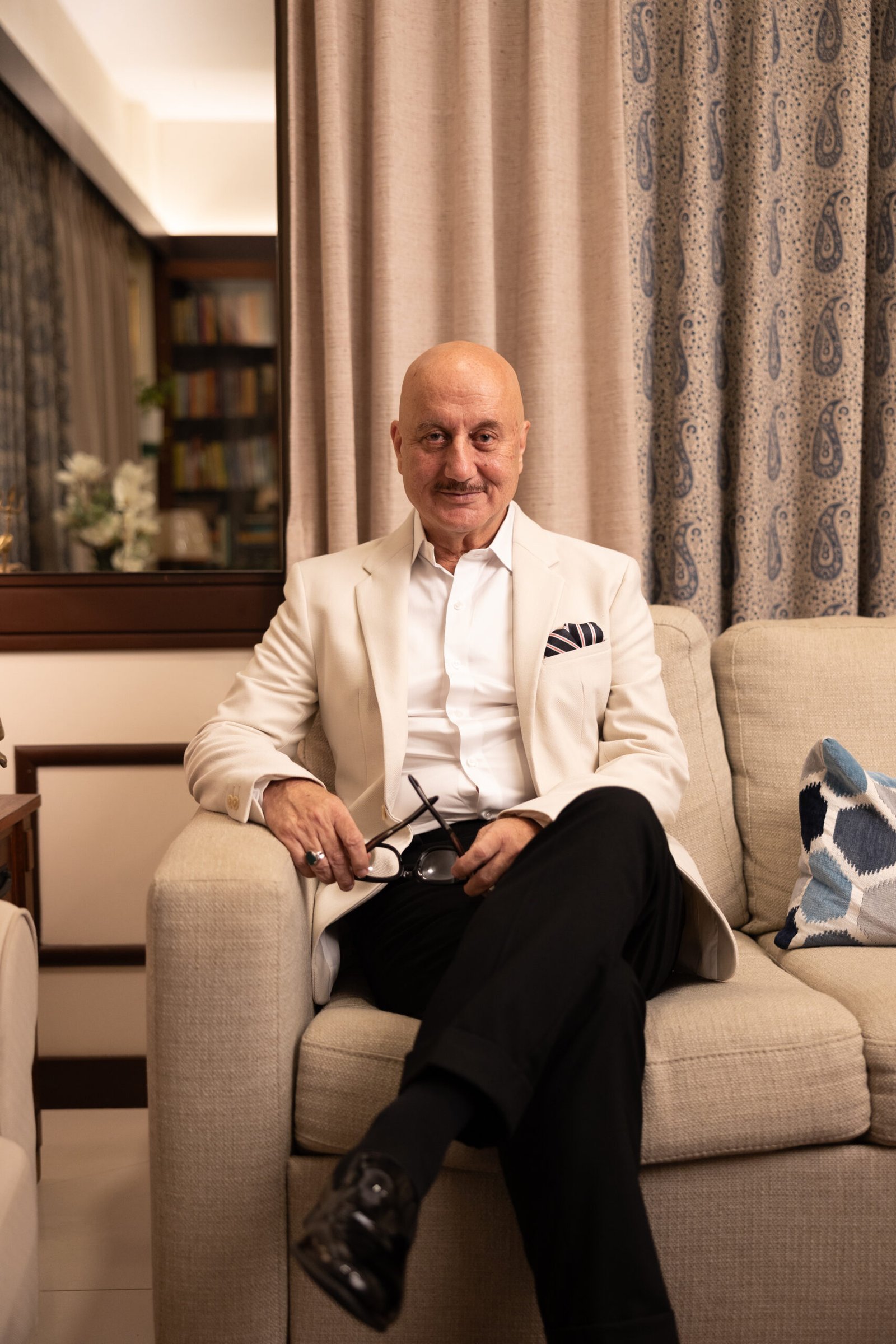
Having been around for such a long time, having achieved so much by God’s grace, I must say that God has been very kind to me. This gives me a sense of responsibility to make a difference in people’s lives and that’s what my Anupam Kher Foundation does. On an individual basis, I try to inspire people. I think the biggest religion of our times is humanity. These are not mere words, I try and practise them. If you see my social media, you will see a lot of inspiring stories because somebody was somewhere inspiring me when I was a student, or just a normal Indian. And there are so many opportunities. Also, because of social media, there are a lot of anxieties, insecurities, mental issues people have, so I talk about my issues, so that people realise that it’s okay to have mental problems. And I am out there because I believe being original is your biggest strength. And that is the message that I convey through my varied platforms.
Your tenure as the Chairman of the Film and Television Institute of India (FTII) was notable. Please share your experience with us.
I was the Chairman for one year only because after that I had to go shoot an American series called ‘New Amsterdam’. So in one year, whatever I could do, I did. I interacted with students and tried to do some acting classes. Sometimes, new blood needs to be infused in institutions like FTII, and National School of Drama. You can only become an example by your work. So if you excel in your work, if you keep on finding new challenges and try to conquer them, that in itself is an inspiration for the younger generation to achieve that.
Having experienced success and faced challenges, what advice would you give to aspiring actors who are just starting their journey in the film industry?

For today’s generation, it’s tough because there are so many distractions that people have – there are multiplexes, shopping malls, various platforms, you have to be constantly and consistently good in today’s time. And the only way you can be that is by being original, by being yourself, by working hard constantly. Today’s generation cannot excuse themselves because of distractions. To stay relevant for 40 years or 25 years is a little tough in today’s time, and you have to be good constantly, be your real self, make your own rules, and make your own path because the path which has already been walked upon by somebody else is not a great path, you have to walk on a path which may have its ups and downs, its speed breakers, ditches, ponds, but it will be your path. And then when you look back, you will say wow, I walked on such tough terrain, but I made it to my destination.
Your autobiography ‘Lessons Life Taught Me, Unknowingly’ is deeply insightful. Could you highlight one key lesson from your life that has shaped your perspective?
The possibility of kuch bhi ho sakta hai, the possibility of anything is possible, is true. If a son of a Forest Department clerk can be on the cover of ‘Society Achievers’ magazine, and have done 540 films, and have been bestowed with the Padma Shri and Padma Bhushan Awards among numerous other awards, then that should be a signal for anybody that if you work hard, and if you’re honest, you can always achieve whatever you want to achieve.
So keep your eyes open. Life at every step teaches you many, many, many lessons. I haven’t used certain words and sentences consciously for the last 33-34 years. I never say: ‘I’m not in the mood’; ‘I’m bored’; ‘that is the way I am’… because the moment you say ‘that is the way I am’, that is the end of your growth.

